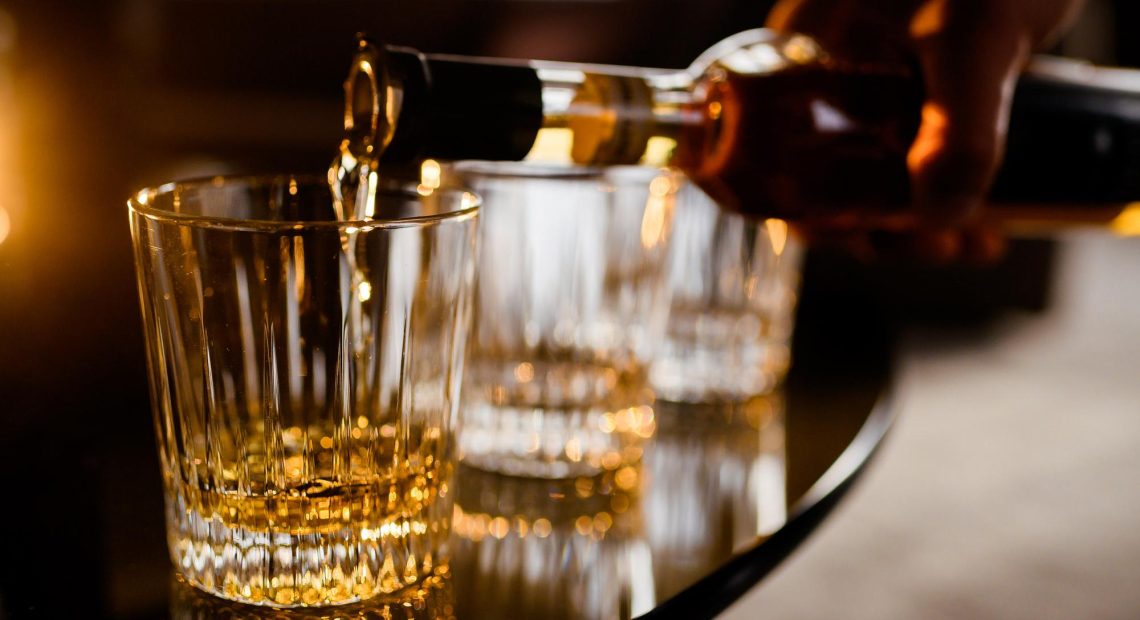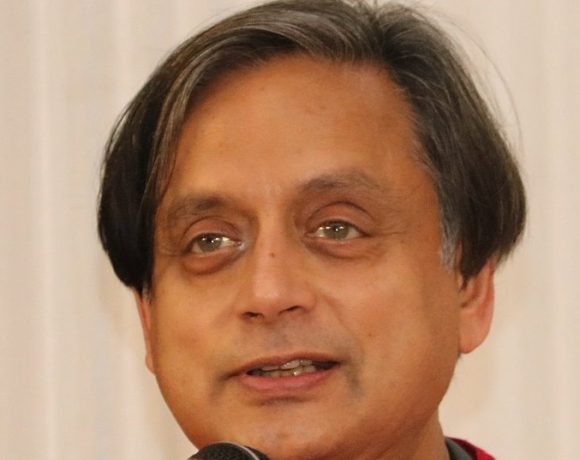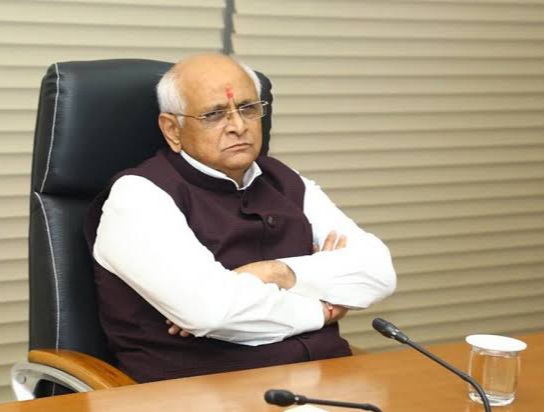
Maharashtra Hikes Liquor Duty, Prices Set to Rise
The Maharashtra state cabinet has approved a significant increase in excise duty on liquor, a move expected to generate an additional ₹14,000 crore annually for the state’s coffers. This development is likely to impact retail prices, leading to higher costs for consumers across the state.
Excise Duty Hike Clears Cabinet Nod
The cabinet has sanctioned a proposal from the state excise department that seeks to overhaul the existing duty structure. As per officials, the duty on country liquor will rise from the current 258% to 300% of the manufacturing cost, while for Indian-made foreign liquor (IMFL), it will jump from 175% to 225%. The measure is positioned as a revenue-generation strategy, tapping into one of the state’s most lucrative sectors.
A state official noted, “This will make alcohol costlier, but we expect to mobilise an additional ₹14,000 crore annually through this hike.” The decision marks the first major excise duty revision in years and comes at a time when the state is actively exploring ways to fund welfare schemes and offset its fiscal deficit.
Impact on Retail and Trade Sectors
This sharp duty increase will directly affect manufacturers, distributors, and ultimately, consumers. Industry insiders are concerned that the revised rates might result in a decline in sales volumes, particularly in rural areas where cheaper country liquor is preferred. However, state authorities are confident that the pricing shift will not significantly dent overall demand, given the inelastic nature of alcohol consumption.
A senior excise department official explained, “Maharashtra has one of the highest consumption rates of liquor in the country. Even with higher prices, demand is expected to remain stable.”
Retailers and bars are now bracing for customer pushback and are in the process of updating their inventories and pricing structures. Meanwhile, critics argue that the steep hike could inadvertently boost the illicit liquor trade and smuggling from neighbouring states with lower tax rates.
Government Stands Firm on Revenue Goals
The government, however, remains firm in its resolve. “We need to mobilise resources for developmental projects and social welfare. The liquor sector is a reliable stream for such revenue generation,” said a finance department official. The move aligns with the broader fiscal strategy to reduce dependency on loans and bring more sustainable internal accrual into the state treasury.
Although the excise hike has sparked debate, the state seems determined to press ahead, viewing alcohol taxation as a strategic lever for bolstering its budget without touching other politically sensitive areas like fuel taxes or direct levies.


















